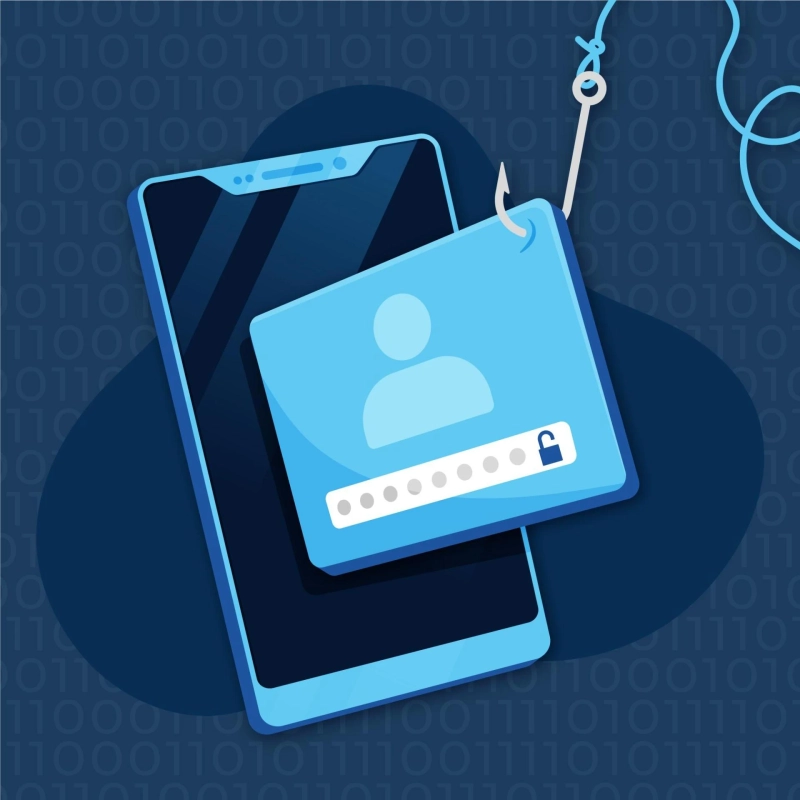In today\'s digital age, securing your business\'s communication channels is paramount. Small businesses, in particular, face unique challenges as they often lack the extensive resources of larger corporations. However, ensuring a secure phone service doesn\'t have to be complicated or costly. Here are five must-have features to look for in a secure phone service for your small business.
1. End-to-End Encryption
End-to-end encryption ensures that all communications are securely encrypted from the sender to the receiver. This means that even if someone intercepts the call or message, they won\'t be able to decipher it. For small businesses handling sensitive information, such as client details or financial data, this level of security is crucial. Look for phone services that provide robust encryption protocols, ensuring your communications remain private and protected.
2. Multi-Factor Authentication (MFA)
Multi-factor authentication adds an extra layer of security by requiring multiple forms of verification before granting access to the phone system. Typically, this involves something you know (a password) and something you have (a smartphone or security token). By implementing MFA, you significantly reduce the risk of unauthorized access, as attackers would need to breach multiple security barriers. This feature is especially important for small businesses where a single security breach can have devastating consequences.
3. Secure VoIP Protocols
Voice over Internet Protocol (VoIP) is widely used for business communications due to its cost-effectiveness and flexibility. However, not all VoIP services are created equal. Ensure your phone service provider uses secure VoIP protocols, such as Secure Real-Time Transport Protocol (SRTP) and Transport Layer Security (TLS). These protocols protect voice data during transmission, preventing eavesdropping and tampering. A secure VoIP setup is essential for maintaining the confidentiality and integrity of your business conversations.
4. Call Monitoring and Logging
Having a robust call monitoring and logging system helps you keep track of all communications within your business. This feature allows you to review call logs, monitor live calls, and generate reports on communication patterns. Not only does this improve operational efficiency, but it also aids in identifying any suspicious activities or potential security breaches. For small businesses, having a clear record of all communications can be invaluable in resolving disputes and maintaining accountability.
5. Regular Security Updates and Support
The landscape of cyber threats is constantly evolving, making it imperative that your phone service provider stays ahead of potential vulnerabilities. Regular security updates ensure that your phone system is protected against the latest threats. Additionally, having access to 24/7 technical support means you can quickly address any security concerns or technical issues that arise. Opt for a phone service provider that demonstrates a strong commitment to security by providing regular updates and reliable customer support.
Conclusion
Securing your small business\'s phone service is a critical step in protecting your overall communication infrastructure. By prioritizing features such as end-to-end encryption, multi-factor authentication, secure VoIP protocols, call monitoring, and regular security updates, you can create a robust defense against potential threats. Investing in a secure phone service not only safeguards your sensitive information but also enhances your business\'s reputation and trustworthiness.
Implement these must-have features, and you’ll be well on your way to maintaining a secure and efficient communication system for your small business.


